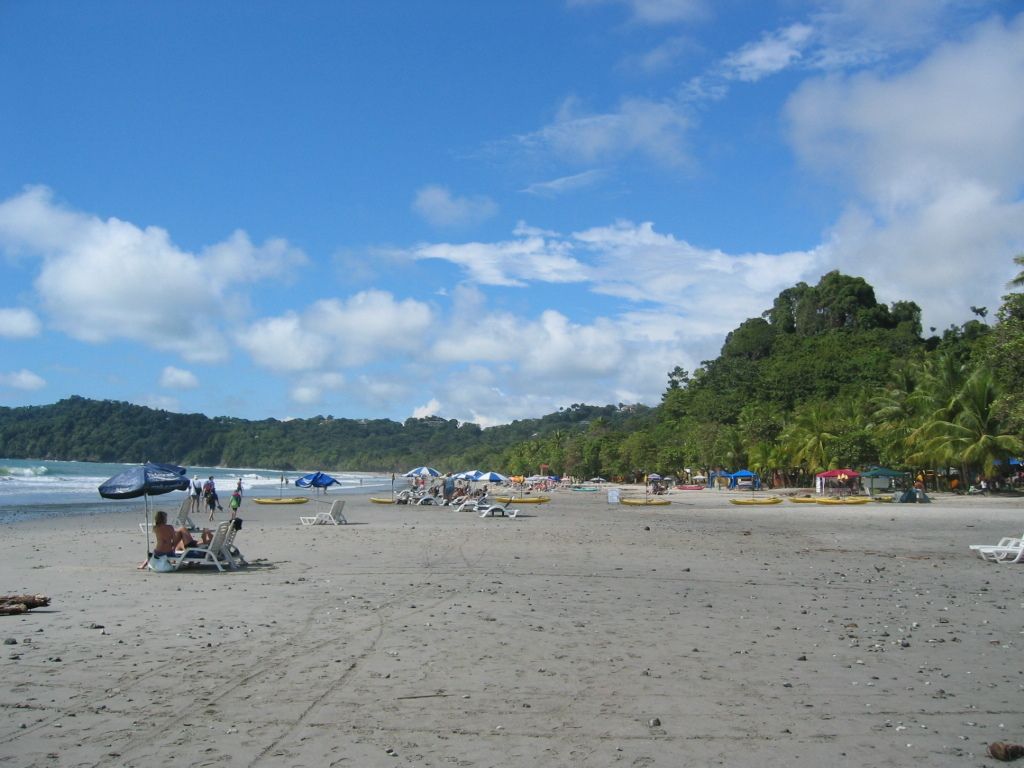EU Plans Full Stop to Russian Gas Imports by 2028
EU Commission proposes strategy to prohibit Russian natural gas purchases
The European Commission is pushing for a complete cessation of Russian gas imports by 2028. The announcement, made by the Brussels authority, highlights the EU's intention to cut off all Russian gas after the said year. In 2024, gas imports from Russia accounted for roughly 19% of the community's total imports, according to EU Commission data.
Gradual Ban on Gas Imports
The Commission plans to enforce the ban in a phased manner, ensuring market and supply stability. As per the proposal, long-term contracts will be banned from January 1, 2028. On the other hand, gas imports under short-term contracts could be banned as early as June 17, 2026. Importantly, no new contracts for Russian gas will be signed following that date.
The plan needs negotiation by the EU countries and the European Parliament before it becomes enforceable. Approval from 15 of the 27 EU states, representing at least 65% of the EU's total population, is needed.
Two-Thirds of Russian gas Imports Based on Long-term Contracts
An analysis by the Commission indicates that approximately two-thirds of Russian liquefied natural gas (LNG) and pipeline gas imports are based on existing long-term contracts, while the rest rely on short-term spot supplies.
Potential Impact on Sefe, German State-owned Energy Company
If the import restrictions are imposed as per the Commission's proposal, the German state-owned energy company, Sefe, may face repercussions due to an existing long-term contract for liquefied natural gas imports from Russia.
No Gas Sanctions, Instead Regulation-Based Ban
The Commission aims to implement the ban through EU trade and energy law, protecting the EU's energy markets while providing effective monitoring of energy supply risks.
Backdrop: European Energy Crisis and Russia-Ukraine Conflict
The proposal follows the Russian attack on Ukraine in February 2022, which has led to far-reaching import bans on Russian energy carriers such as coal and oil by the EU, but not gas due to dependencies.
Safety Clause in the Proposal
In exceptional cases that could seriously jeopardize the supply security of one or more EU member states, the Commission could allow the affected country to suspend the gas import ban, subject to approval, time limitations, and additional conditions to control the situation.
Possible End to Russian Uranium and Oil Imports
Additionally, the Commission has outlined plans to stop Russian oil imports by the end of 2027, despite a significant decrease in these imports during the war. The Commission proposes that member states with remaining Russian oil imports phase out all imports by this deadline.
Implications and Challenges for EU Countries and Sefe
The proposed ban on Russian gas imports will present significant implications and challenges for EU countries and companies like Sefe. On the EU side, it may involve energy security concerns, economic impacts, and the need for energy diversification. For Sefe, managing contractual obligations, realigning its supply portfolio, and complying with new regulations will become critical.
_[1] European Commission. (2022, February 8). European Commission proposes gradual phasing out of Russian fossil fuel imports in response to Putin's invasion of Ukraine. European Commission.
_[2] Kent, A., & Jones, S. (February 22, 2022). How the West could wean itself off Russian oil. The Guardian.
_[3] Baker, M., & P ride, T. (March 17, 2022). How the EU can reduce dependence on Russian gas. Chatham House.
_[4] European Commission. (December 8, 2021). REPowerEU: A joint European action for more resilience, affordability and renewables. European Commission.
_[5] Marshall, J. (October 12, 2021). Europe Tightens Sanctions on Russia, Aiming to Isolate It From the Global Economy. The New York Times.
_[6] European Commission. (June 23, 2022). EU to unveil joint plans to cut Russian gas use by two-thirds by end of year. Reuters.]
Considering the complex nature of this issue, it's important to note that the withdrawal from Russian gas could potentially expose EU nations to price risks and supply uncertainties in the global LNG market. It could also lead to operational adjustments and financial challenges for companies like Sefe, which have existing long-term contracts with Russian suppliers.
The EU will need to carefully navigate these challenges while ensuring energy security, minimizing economic disruption, and diversifying its energy mix to reduce dependence on fossil fuels. Sefe, on the other hand, may need to strategically realign its supply portfolio, navigate existing contracts, and comply with new regulations to maintain its position in the EU energy market.
- The EU's plan to fully stop Russian gas imports by 2028 follows the Russian attack on Ukraine in February 2022, and aims to protect the EU's energy markets while ensuring effective monitoring of energy supply risks.
- Two-thirds of Russian liquefied natural gas (LNG) and pipeline gas imports to the EU are based on existing long-term contracts, which could potentially impact companies like Sefe that have such contracts with Russian suppliers.
- The proposed regulation-based ban on Russian gas imports will present significant challenges for EU countries, including potential energy security concerns, economic impacts, and the need for energy diversification.
- Sefe, a German state-owned energy company, may face repercussions due to an existing long-term contract for liquefied natural gas imports from Russia, necessitating strategic realignment of its supply portfolio, navigating existing contracts, and complying with new regulations.





